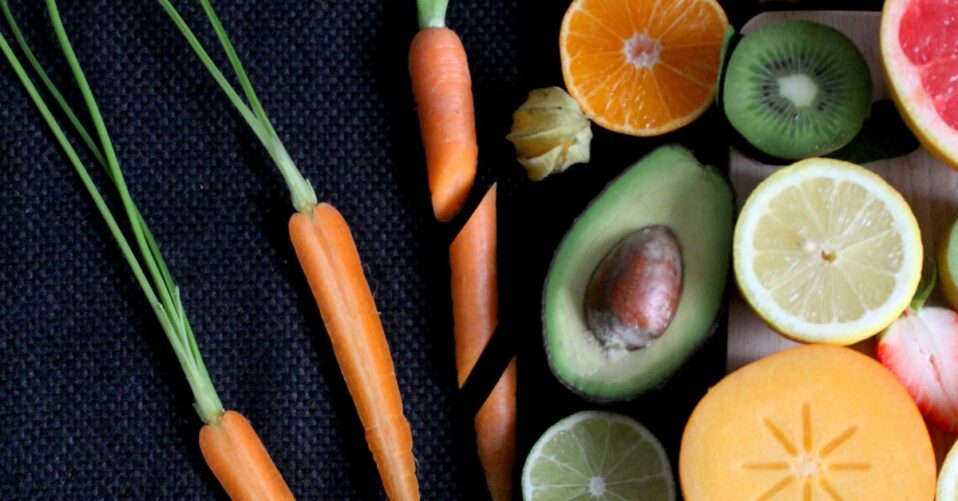By: Kelli Kieselbach
There has been much debate over the years as to whether organic produce is really any better for you than conventional.
To weigh this up, there are a couple of points to consider.
#1. Is organic fruit and veg more nutritious?
Organic fruit and veg appear to contain similar vitamin and mineral content as conventional, varying slightly depending on farming methods and where it is grown. The difference in Phytochemicals, including many important anti-oxidants is where the difference lies. Higher concentrations are found in organic produce offering greater protection on our health.
#2. What about the chemicals?
This is a very important and significant difference when deciding to eat more organically. The level of chemical toxins we are exposed to in modern life is horrifying. Frequent intake of pesticides makes extra work for our body and increase our need for many different nutrients. Some common pesticides used have been shown to disrupt hormone balance and Thyroid health.
Eating 100% organic is not always an option for some due to availability or cost. However, even partial intake of organic foods can help reduce the toxic load on your body and boost your anti-oxidant status. Take a look at the environmental working groups dirty dozen to see which fruit and vegetables are sprayed the most and try to choose organic versions of these where possible.
Growing your own fruit, veg and herbs is another way to help with organic eating. At least you can control what types of product and how much you use.
There are some people for whom eating organically may be particularly helpful. Below I have listed some instances where the importance of organic eating is more significant. Please note this is not a complete list.
- People suffering thyroid disorders
- Conditions or symptoms indicating hormone imbalances
- Infancy and childhood
- Pregnant and lactating women
- Men and women planning for a baby or struggling to conceive
- Those with auto-immune or neurological conditions
My advice… Eat organically where and when possible including meat and dairy products but keep in mind that it is still better to eat conventional fruit and vegetables than to not eat fruit and vegetables at all!
Article supplied with thanks to Kelli Kieselbach.
About the Author: Kelli Kieselbach is a Naturopath and Nutritionist with a passion for a holistic and natural approach to health and wellbeing. She also works to educate Christian ministry leaders in self care and avoiding burnout.




